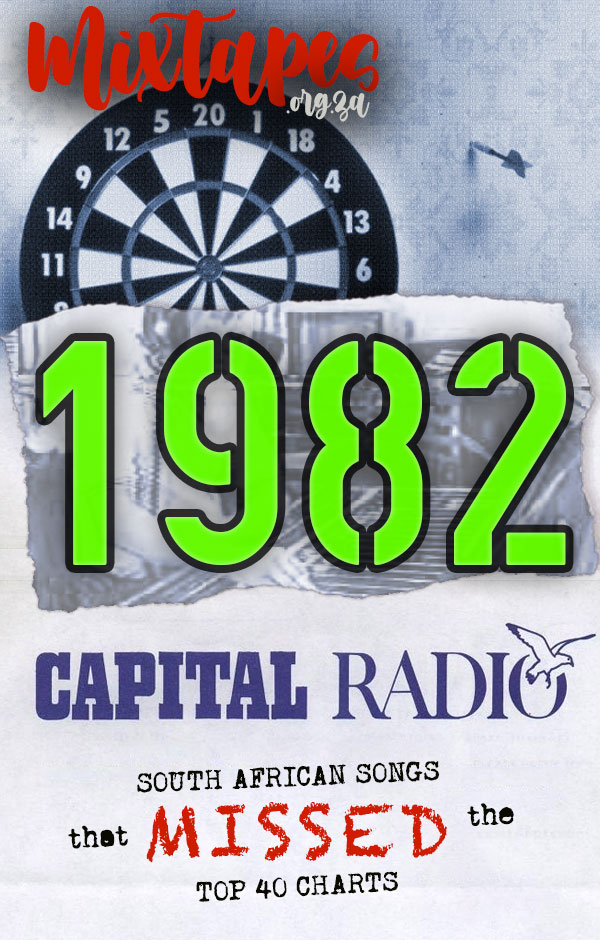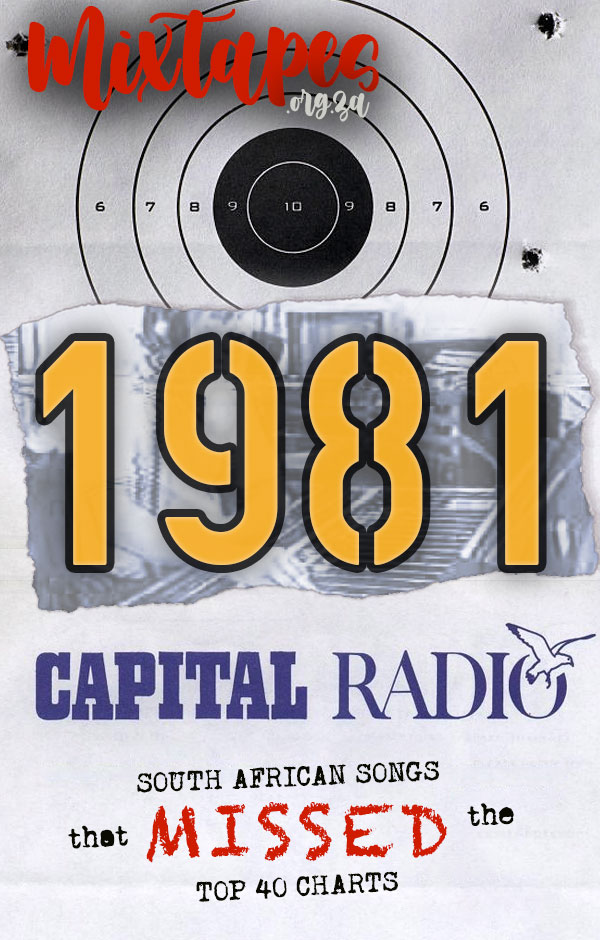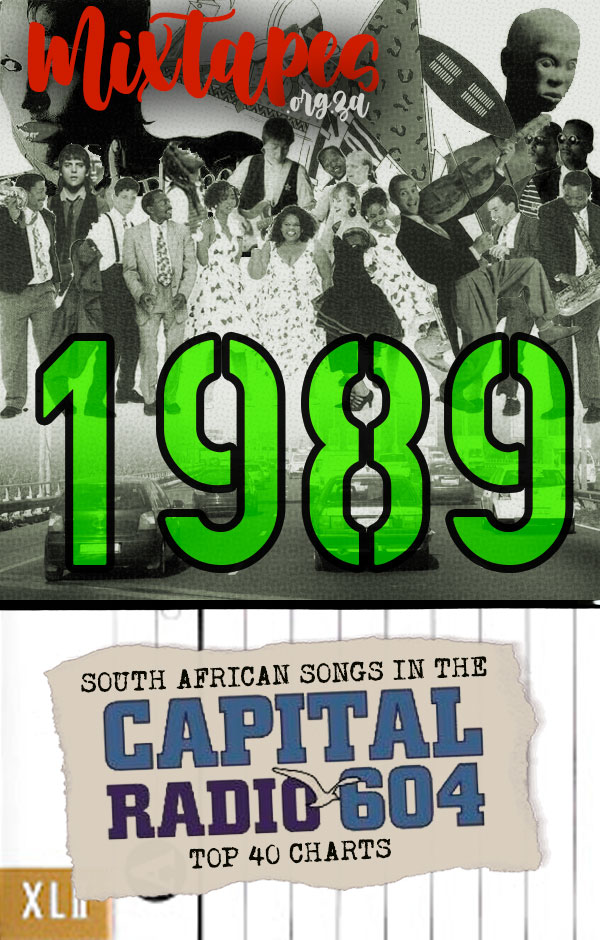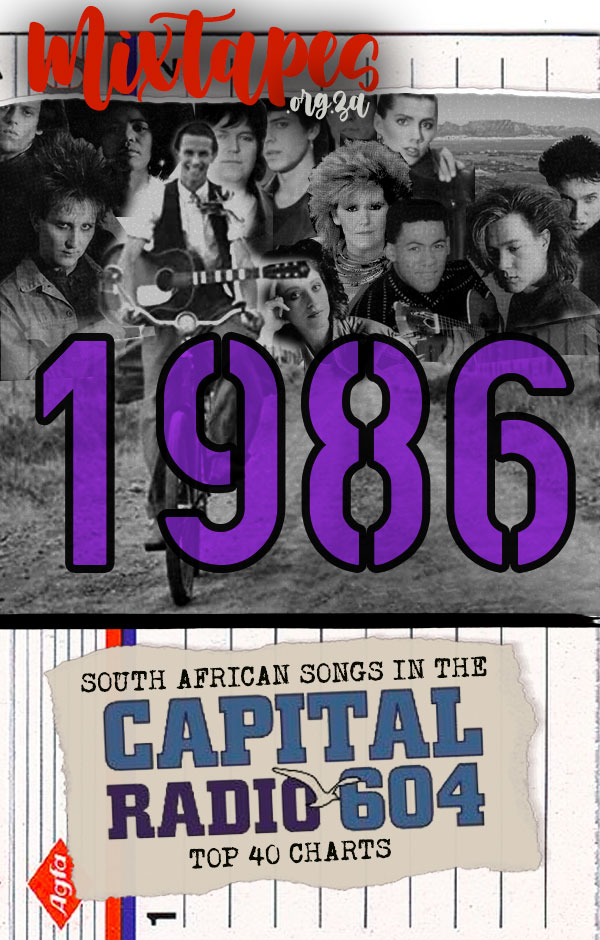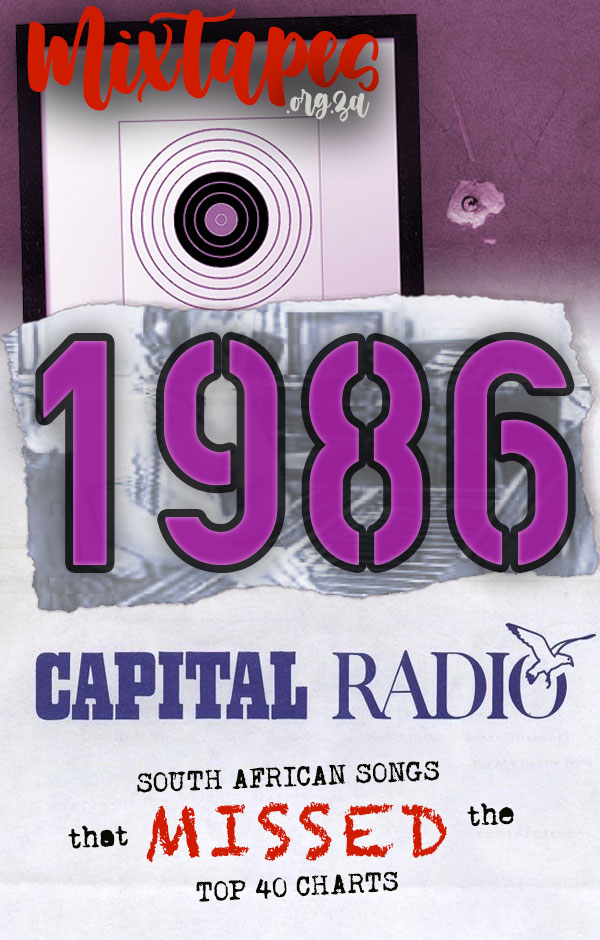
There were just nine South African songs on the Capital Radio Top 40 in 1986, which is remarkable given the wide array of good South African music recorded and released that year. In particular the independent label, Shifty Records, was continuing to pick up on a variety of worthwhile music which nobody else was prepared to record.
Indeed, the idea behind Shifty was to document (by recording) music that reflected South African life – both musically and lyrically – and we have included a variety of their release on the 1986 mixtape: the Cherry Faced Lurchers, Dread Warriors, the Genuines, Isja, the Kalahari Surfers, Noise Khanyile, Mapantsula, Mzwakhe Mbuli, Simba Morri and Nude Red all deserved to be heard by a wider audience. But to Shifty’s and the artists’ frustration, radio stations were not interested. However, it ought to be noted that the Cherry Faced Lurchers (The Other White Album) and the Dread Warriors albums were recorded but not released at the time. We think they most definitely should have been.
Three songs included here – “Don’t Dance”- Kalahari Surfers, “Pambere” – Mapantsula and “Too Much Resistance”- Nude Red – are taken from the anti-conscription Forces Favourites compilation album which Shifty brought out in partnership with the End Conscription Campaign. The album was actually released in December 1985 but released internationally (through Rounder Records) in 1986, which is the year we went with for the mixtapes. In the mid-1980s South Africa was in a state of civil war (and emergency) and many of Shifty’s artists reflected this reality through their music. In fact, Mzwakhe Mbuli’s Change is Pain album was banned by the apartheid government’s Directorate of Publications.
London-based Kintone’s single ‘State of Emergency’ also captured the turbulent times in South Africa, as to a lesser extent did Stimela’s “Who’s Fooling Who”, David Kramer’s “Dry Wine” and (by now also London-based) eVoid’s “Sgt. Major”, a song which could easily have fitted on the Forces Favourites compilation. 1986 also saw the first release from Bayete, who would soon be recording and performing politically astute songs of their own. Other politically relevant new music in 1986 came from Edi Niederlander, who had been performing on the folk scene for years, and Johnny Clegg’s new band, Savuka.
1986 saw the introduction of Keith Berel’s new band, Carte Blanche, Jonathan Handley’s new band, Titus Groan, and Zasha. We also saw the return of Lesley Rae Dowling, Falling Mirror, Steve Kekana, Sipho Mabuse and Zia. All in all a wide and enjoyable spectrum of new music.
Show Playlist + Poll–


